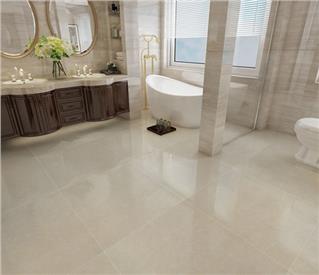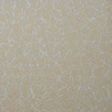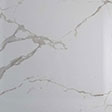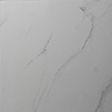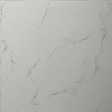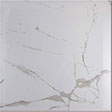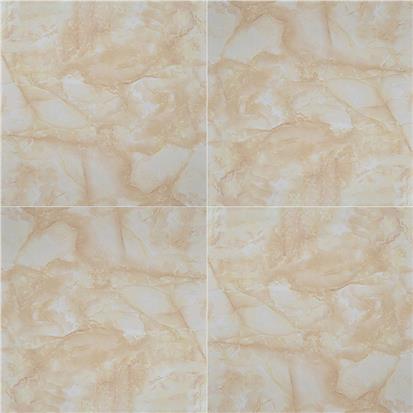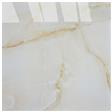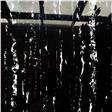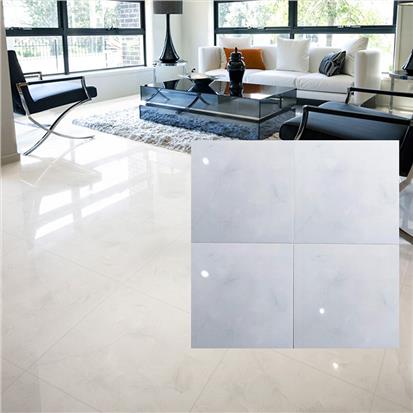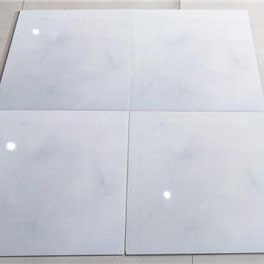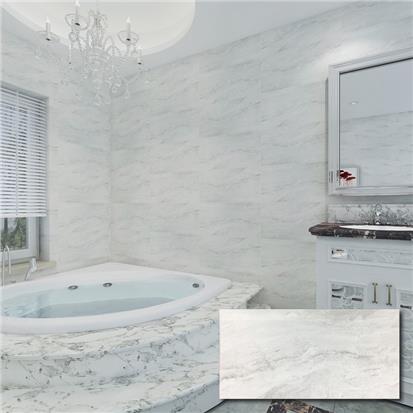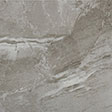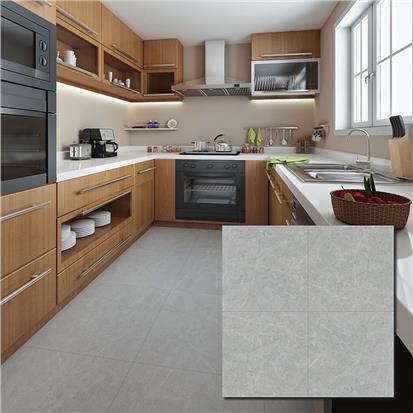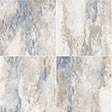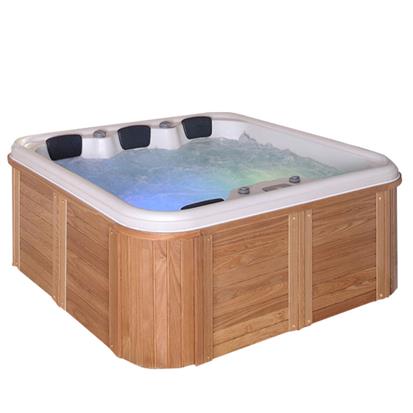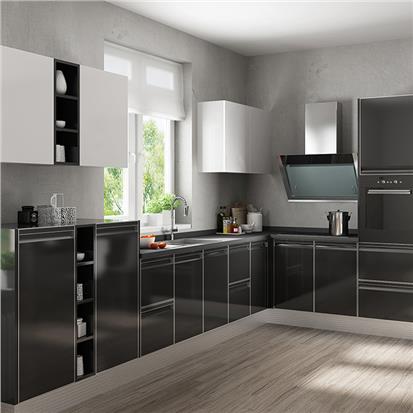There are many kinds of decoration materials for home renovation. In fact, marble tile is relatively easy to see in our daily life, because many families tend to choose marble when they choose surface materials for their home countertops. The marble material has a smooth surface and a good texture when touching, but the price of marble is relatively high, so some families will also consider choosing porcelain tiles when they choose countertop materials. What's the difference between marble and porcelain tile? Which tile product is better? Today Hanseceramictile will introduce them specifically, covering marble and porcelain tiles pros, cons, features, costs and more.
Marble Vs Porcelain Tiles - What’s The Difference Between Marble Tiles & Porcelain Tiles
Pros & Cons
Advantages of marble tile:
Marble tile is the general name of limestone with various colors and patterns. After polishing, it will be very beautiful, and each piece of texture is different, naturally generated, smooth and delicate, which can set off a more elegant home. So it is more and more widely used in home decoration, not only for the floor, but also for the wall or backsplash.
Marble is not only beautiful, but also has many advantages. It has high hardness and does not deform. After a long time of baptism, marble tile has a natural and even structure, which will not deform and crack in the process of use. It also has high corrosion resistance, acid and alkali resistance. And has strong wear resistance. Fourth, it will not deform and damage at high temperature due to the change of temperature.
Disadvantages:
Care for marble tiles can be time-consuming and costly. Like granite, marble is porous and requires regular (twice-yearly) applications of sealants to remain resistant to stains and dulling. Its absorbent nature means it is not appropriate for exteriors or in landscaping. Moreover, the natural marble tile price is relatively high. The anti-pollution property is not very good, because there are natural gaps, it is easy to be polluted, easy to breed bacteria, easy to seep oil and easy to be dyed, and the requirements for decoration construction technology will be higher.

Advantages of porcelain tile
Porcelain tiles are less absorbent, so they are resistant to frost and much less likely to stain, especially if they are glazed. They are also more durable than traditional ceramic tiles and marble and can withstand moisture and harsher weather conditions. What’s more, the service life of porcelain tiles is relatively long, the pattern is rich, the texture is soft and delicate. The most importantly is that the porcelain tile price is lower than that of marble. Caring for porcelain tiles is easy, as few cleaning solutions will harm them. For those who desire the durability of porcelain tiles, but the aesthetics of marble, there are now porcelain tiles that are made to look like marble.
Disadvantages:
Due to the synthetic firing, its pattern has no "natural" effect of marble, and its antiskid function is much worse than marble, and its surface will be more smooth after being stained with water. It is easy to crack during thermal expansion and cold contraction, and the density is relatively loose.
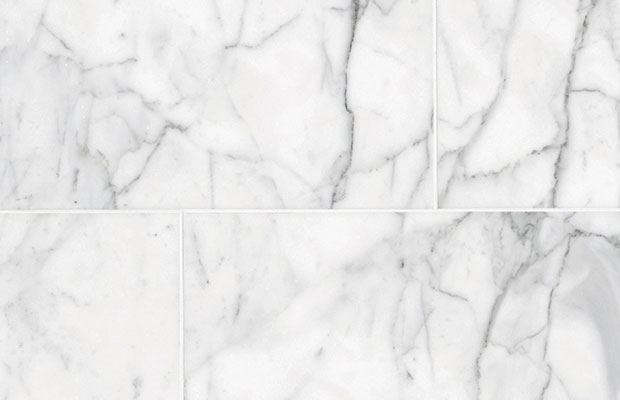
Properties Of Marble Vs Porcelain Surfaces
Marble tiles have the advantage of looking natural and unique - usually gray or cream-colored with darker veins running through them. No two tiles are exactly alike. To make tiles, marble stone is sized and cut, then polished and finished on one side to create a uniform surface and thickness.
Porcelain tiles are a type of ceramic tile made with a refined clay - usually red or white clay. This special process makes porcelain tiles less absorbent, thicker, and more durable, and thus suitable as flooring. Compared to marble tiles, porcelain tiles are less likely to stain.
Decoration Effect
In terms of decoration effect, the most remarkable feature of marble is its strong naturalness. Rich in patterns, delicate in texture, soft and moist, beautiful and generous. The natural effect is very good. However, there are many types of porcelain tiles, and the color and texture of processing and production are also various, which can create a variety of different style effects.
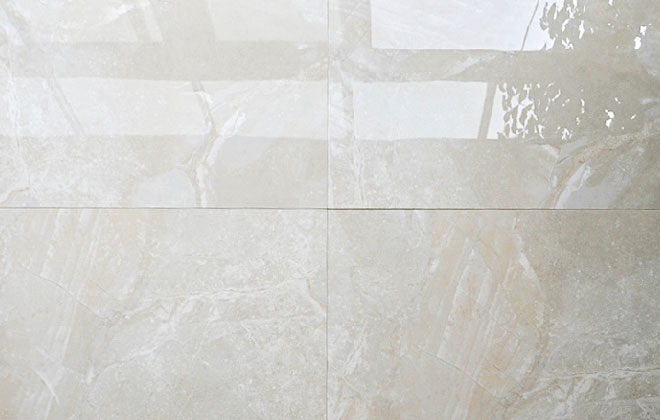
Safety & Environmental Protection
Does marble and porcelain tile have certain radiation? To be exact, there is radiation, but it is also a problem of radiation rate. The radiation of natural marble is relatively large, so it is recommended to lay marble tile in a small area. And the radiation of porcelain tile is lower, have no effect on human body.
Installation
Porcelain tiles are harder to install than ceramic because they need a special grout. They are also heavier than ceramic tiles meaning that they may need a substrate to support the weight. Marble is also a very heavy floor material and will need to be laid out before the actual installation to get a visually appealing vein pattern throughout the whole design
Which Is Better, Marble Or Porcelain Tile?
Marble and porcelain tile have their own advantages. If you choose porcelain tile or marble for balcony,porcelain tile is more selective than marble. Porcelain tile laying can be randomly spliced modeling, color and so on. For example, if the balcony is for the use of young women, you can lay warm tiles, mosaics, so it is warmer. Therefore, whether to lay porcelain tiles or marble should be selected according to users' interests. If it is used as the kitchen operation platform, the wear resistance of marble tile is better.
If you are looking for universal appeal, choosing marble is a wise choice. However, porcelain can also provide a way to make a design uniquely yours, but it won't increase the sale value of your home.
More read: Marble Vs Marble Look Tiles Flooring - Pros & Cons, Difference Between Marble And Marble Look Tiles

 EN
EN FR
FR PT
PT AR
AR

